The economic crisis caused by the coronavirus pandemic poses a triple challenge for tax policy in the United States. Lawmakers are tasked with crafting a policy response that will accelerate the economic recovery, reduce the mounting deficit, and protect the most vulnerable.
To assist lawmakers in navigating the challenge, and to help the American public understand the tax changes being proposed, the Tax Foundation’s Center for Federal Tax Policy modeled how 70 potential changes to the tax code would affect the U.S. economy, distribution of the tax burden, and federal revenue.
In tax policy there is an ever-present trade-off among how much revenue a tax will raise, who bears the burden of a tax, and what impact a tax will have on economic growth. Armed with the information in our new book, Options for Reforming America’s Tax Code 2.0, policymakers can debate the relative merits and trade-offs of each option to improve the tax code in a post-pandemic world.
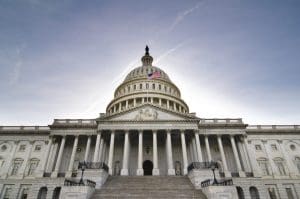
Senate Republican Coronavirus Package Is Undermined by Complexity & Impermanence
What does the Senate Republican coronavirus package do? Are there better ways of providing short-run relief without making the tax code more complicated?
6 min read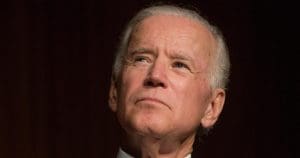
Biden’s Plan to Address Offshoring Comes with Contradictions
If the goal of the Biden campaign is to bring new investment and jobs to the U.S., it is doubtful that these new tax rules will contribute to that goal.
4 min read

Proposals to Lure Foreigners to Greece Highlight Need to Reform Property Taxes
A more efficient property tax system in Greece is a better objective than just focusing on incentives for foreigners to change their tax residence.
4 min read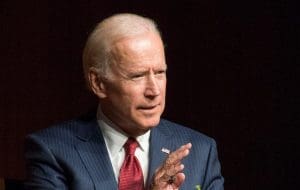
Biden’s Proposal Would Shift the Distribution of Retirement Tax Benefits
One of Biden’s tax proposals that has gotten little attention is a change that would shift the benefits of tax deferral in traditional retirement accounts toward lower- and middle-income earners. The plan would reduce the tax benefit for those earning above $80,250 but under $400,000, violating Biden’s tax pledge to not raise taxes on earners below the $400,000 threshold.
5 min read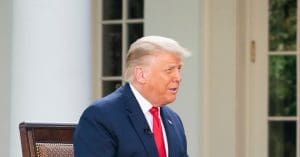
President Trump Outlines Second Term Tax Ideas
Broad themes of the president’s agenda include providing tax relief to individuals and tax credits to businesses that engage in desired activities, while the status of expiring TCJA provisions and tariffs seems uncertain.
4 min read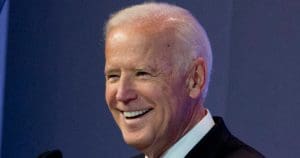
Reviewing Joe Biden’s Tax Vision
Biden’s tax vision is twofold: higher taxes on high-income earners and businesses paired with more generous provisions for specific activities and households.
4 min read
How the CARES Act Fixed a Tax Bias Against Green Investment
One under-discussed part of the CARES Act, passed in March to provide economic relief during the COVID-19 epidemic, is a correction to a drafting error in the Tax Cuts and Jobs Act of 2017, often known as the “retail glitch.”
3 min read

New Accelerated Depreciation Policies to Spur Investment in Australia, Austria, Germany, and New Zealand
In recent months, several countries have introduced accelerated depreciation as a measure to incentivize private investment, including Australia, Austria, Germany, and New Zealand. There are various ways of how this policy has been implemented in the respective countries, largely depending on the existing standard depreciation schedules.
5 min read